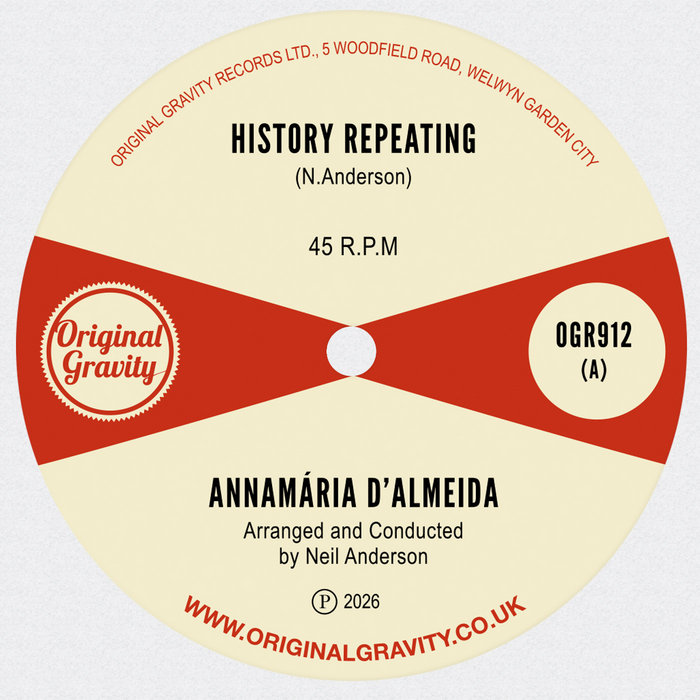
History Repeating – Annamária d'Almeida
this blog is GROOVY – check out great Soul, Funk, Jazz, Hip Hop, Bass, Breaks , Reggae, House n many more TUNES
Northern soul — a sound, a movement, and a lifestyle that buzzed through the UK in the late ‘60s and ‘70s! It’s more than just music; it’s an electrifying experience filled with dancing feet, spinning records, and an undying love for rare grooves. So let’s lace up our dancing shoes and dive into this funky history!
Northern soul originated in working-class clubs in northern England. Think about it as a grassroots revolution inspired by American soul music from the ‘60s. DJs were digging deep into crates to find those tracks that would send dancers into overdrive—upbeat tempos with smooth melodies that made everyone want to hit the dance floor.
The genre’s roots trace back to black American Motown hits mixed with some harder-edged sounds from artists like The Temptations or The Four Tops. As this soulful wave washed over Britain, young fans started seeking out obscure records instead of mainstream hits — leading us to what we now know as “Northern soul.”
Fast forward to 1968 at the legendary Twisted Wheel club in Manchester—the birthplace of Northern soul vibes! Dancers whipped around like they were on fire while DJs spun lesser-known tracks until dawn broke (or maybe until breakfast kicked in). Clubs began popping up all over northern England – think Wigan Casino (the big daddy), Blackpool Mecca, and many others bursting with energy!
One particular highlight? “The Wigan Casino” was famous for its all-nighter sessions where crowds danced till 6 AM! With DJ legend Russ Winstanley at the helm spinning dynamite tunes like “Tainted Love,” these parties became iconic gatherings combining crazy dance moves and unmatched enthusiasm.
Ever heard of “Tainted Love”? While it’s now known globally thanks to Soft Cell’s cover song, many don’t realize its origins lie deep within Northern soul circles way before it got synth-heavy! Gloria Jones recorded it first but don’t you dare tell anyone how much she regretted releasing it—she could have been rolling in dough if only she knew!
While many artists still celebrate their craft across genres today due to Northern influences—we can’t forget about some legends who had shallow runs during this scene:
Funny Fact #2: In true ironic fashion, Frank accidentally destroyed most copies after deciding he didn’t want them out there—a classic case of “you don’t know what you’ve got till it’s gone!”
And let’s not forget about female vocalists kicking ass too:
Funny Fact #3: It might surprise you that Mary once performed live wearing high heels so tall she could hardly walk off stage without assistance afterward—it seems glamorous isn’t always comfortable!
As time marched onward through ’70s glory days where flare pants ruled streets emerged alongside disco fever clashing together creating wild fusions; however nothing compared quite yet quite rivaled pure electricity generated solely under lights illuminating throngs twirling round tables beneath swirling disco balls.
Sadly though as decades rolled past … tragedy struck when people turned away favoring slicker sounds leaving raw authenticity behind resulting fading passion amongst original followers trying hard reminiscing former nights lost amidst newer trends retailers capitalized hereafter.
But fear not warriors of groove—for every end sparks fresh beginnings guiding forgotten memories back onto vibrant platforms years later via renewed interest flourishing anew bringing makers further projects surrounding nostalgic treasures hidden underground resurfacing structurally revitalizing communities worldwide keeping timeless traditions alive today despite changeable tides we face regularly—and also reigniting friendships forged strong connections along each journey shared together swapping tales reliving euphoric motions stirred long-lost dreams awakened once more fueled heartfelt laughter echoing throughout spaces crowded again since then forevermore indeed united souls dancing clearly showcasing resilience embodies core spirit driving timeless magic ultimately carried forward embracing legacy left behind vibrantly alive still transcending generations thereafter eternally bound together by heartstrings wrapped brightly holding tight fond bonds everlasting joy explored harmoniously continuously passing torch ignited bright unabashedly heralding splendid beats flowing effortlessly onward loving evermore yeah yeah!!
So next time you’re grooving out or flipping through old vinyl looking for those rare finds remember—you’re partaking not just musical history but living proof showing how rhythms resonate across ages shaping cultures connecting paths unraveled countless journeys undertaken collectively champions staying devoted preserving authenticity holding dear values treasured thus ensuring joyful experiences abound persistently lighting future avenues bright somber yet hopeful integrating everything makes life truly worth celebrating forever embraced cheerfully unbroken unified existence harmony rhythm connectedness spreading soulful love endlessly far beyond notes sung loud proudly chasing dreams audaciously fearless among kindred spirits reverently cherish wholeheartedly always here’s wishing happy listening folks keep boogie-ing down sweetly!!!

History Repeating – Annamária d'Almeida
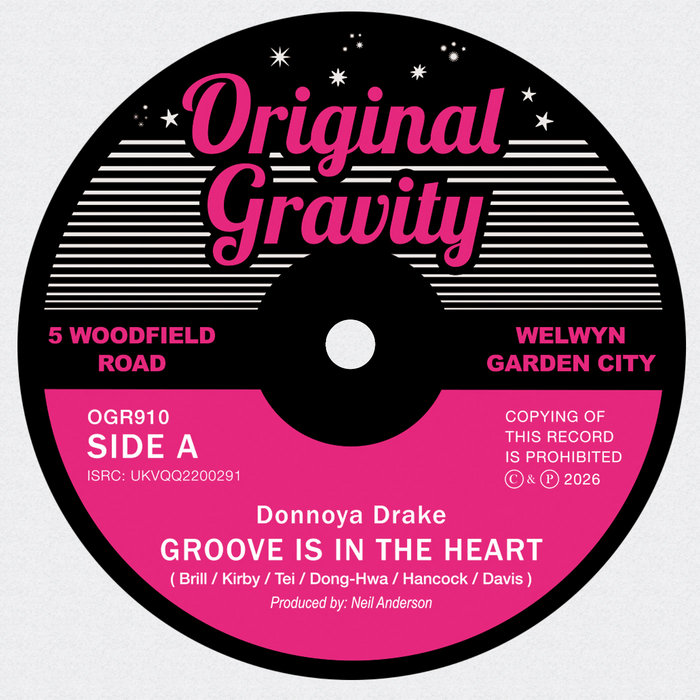
Groove Is In The Heart – Donnoya Drake
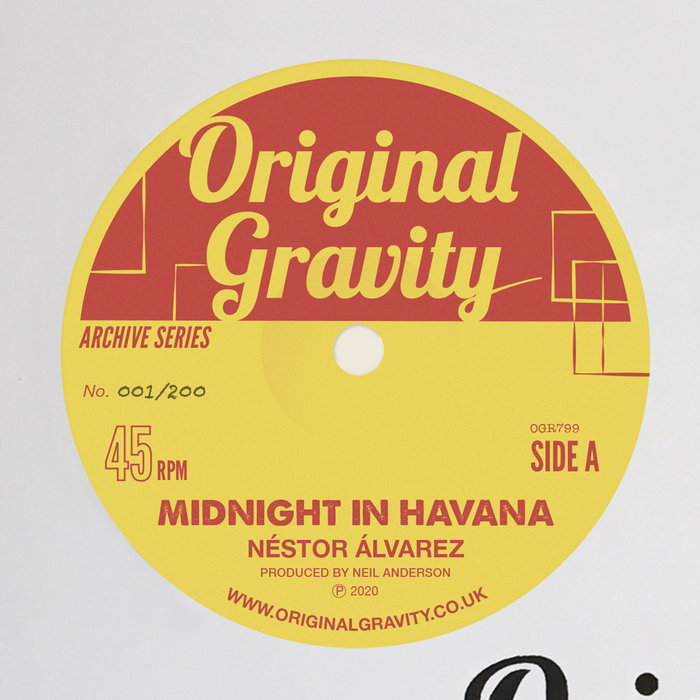
Midnight In Havana – Néstor Álvarez
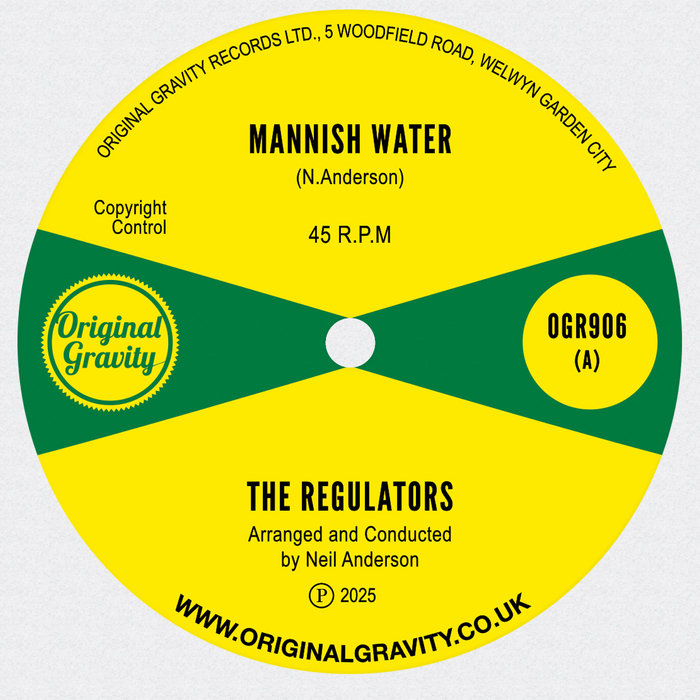
Mannish Water – The Regulators
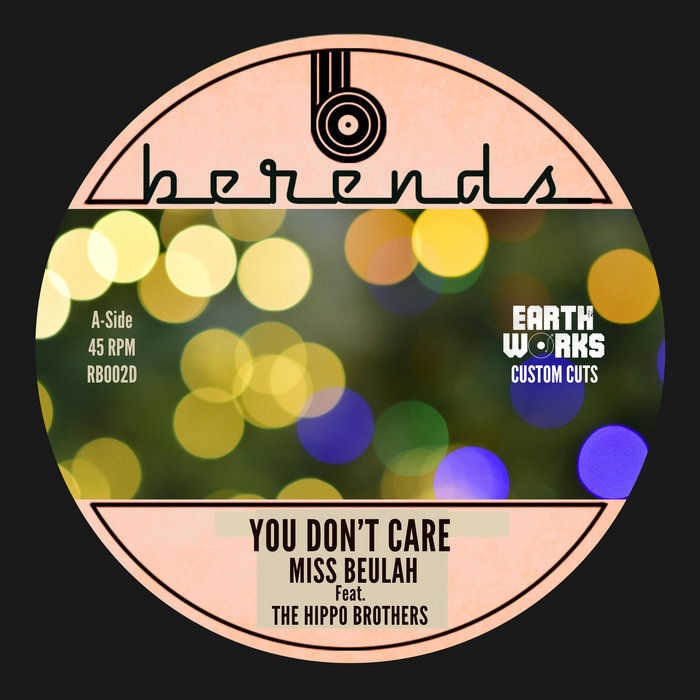
A. You Don't Care – The Hippo Brothers (feat. Miss Beulah)
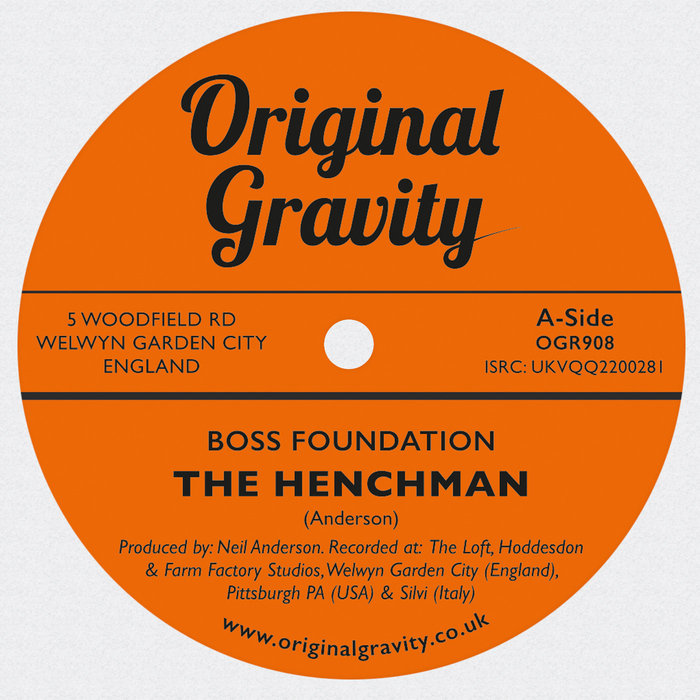
The Henchman – Boss Foundation
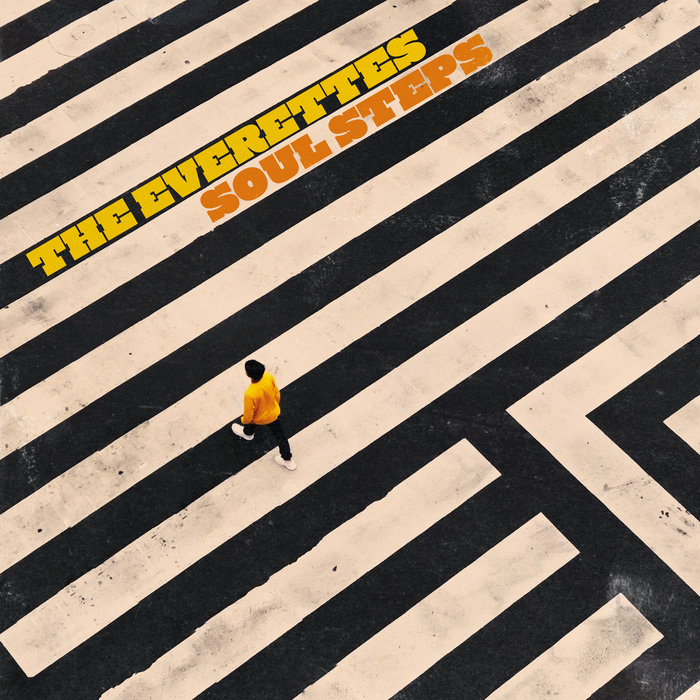
Calling Out Today – The Everettes
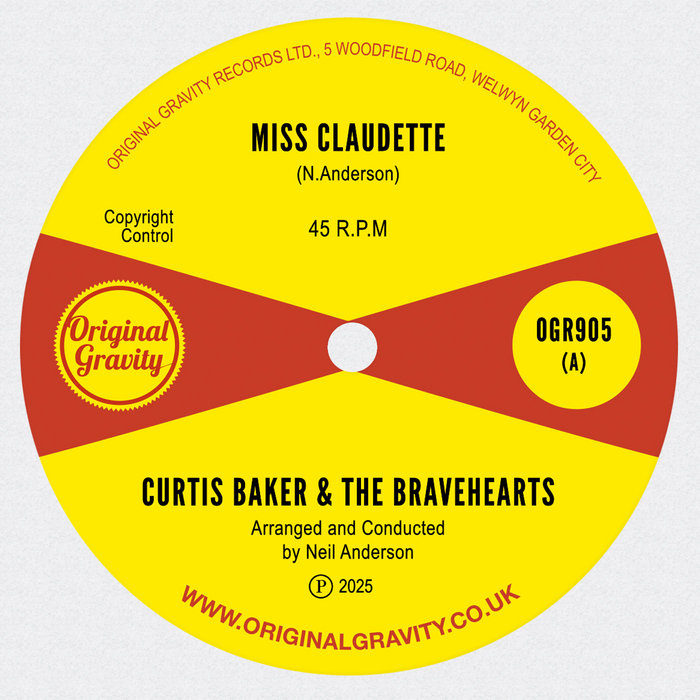
Twelve Forty Six – Curtis Baker & The Bravehearts
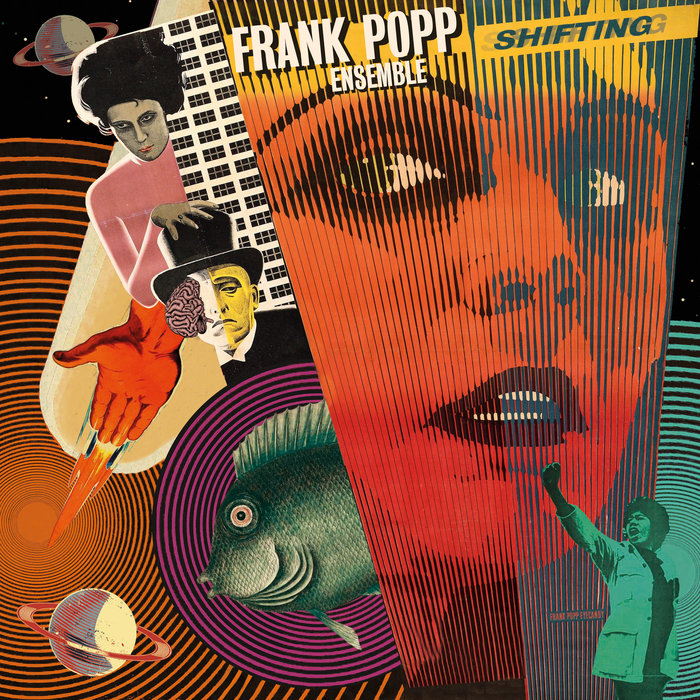
Out Of Town – The Frank Popp Ensemble
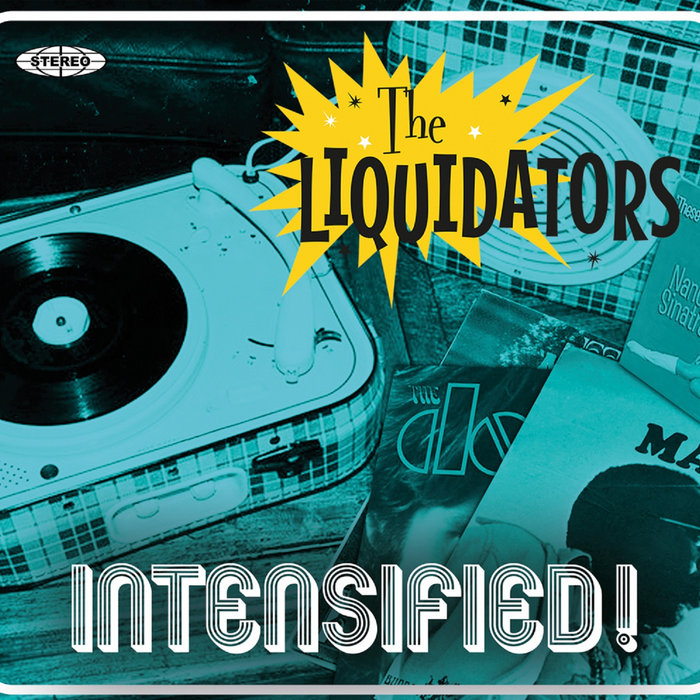
SEVEN DAYS TOO LONG – The Liquidators